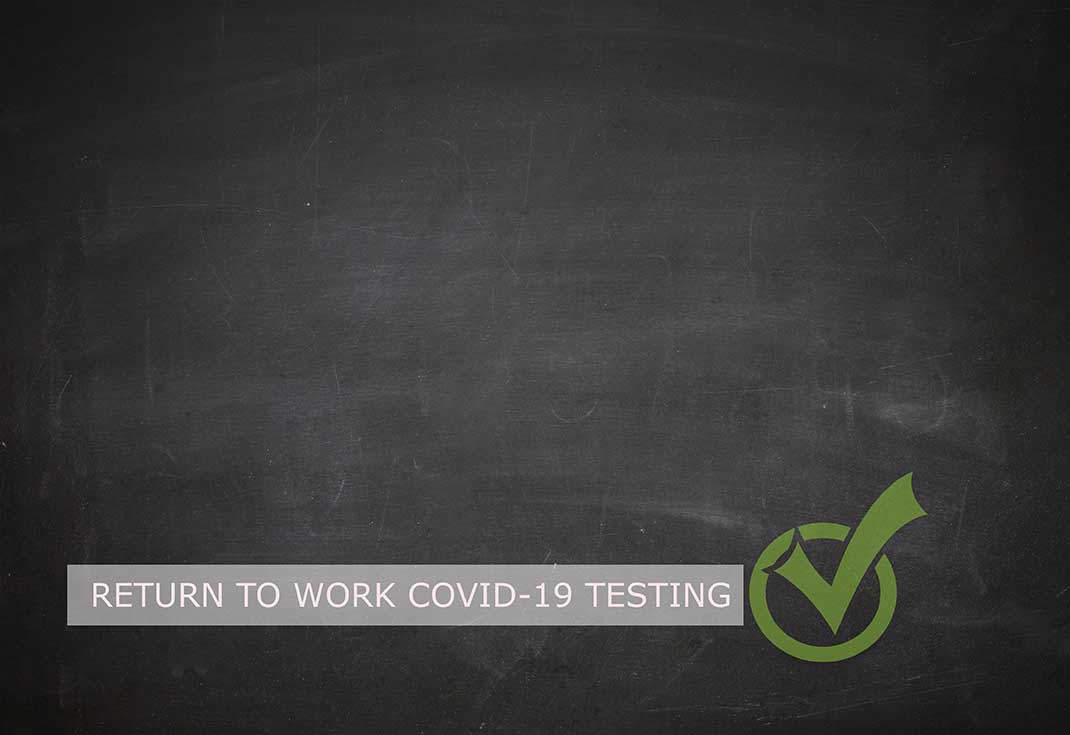Demand for SARS-CoV-2 antibody testing may decrease as employers are prohibited from mandating serology tests.
Employee testing has been considered an important component of reopening businesses and ensuring the continued operation of critical infrastructure, especially in COVID-19 epicenters. While COVID-19 diagnostic tests have long been the cornerstone of this discussion, the developing field of SARS-CoV-2 antibody testing recently raised the possibility that employers could require serology tests, as well.
The US Equal Employment Opportunity Commission (EEOC) provides guidance to employers regarding their obligations under the Americans with Disabilities Act (ADA). With the COVID-19 pandemic, the EEOC weighed in on virus testing. Stated the EEOC: Under certain situations, “An employer may choose to administer COVID-19 testing to employees before they enter the workplace to determine if they have the virus.”
However, since this guidance, the EEOC has updated its position as of June 17, 2020, on the use of SARS-CoV-2 serology testing in the workplace environment. “An antibody test constitutes a medical examination under the ADA,” explained the EEOC. “In light of the Centers for Disease Control and Prevention’s (CDC’s) Interim Guidelines that antibody test results ‘should not be used to make decisions about returning persons to the workplace,’ an antibody test at this time does not meet the ADA’s ‘job related and consistent with business necessity’ standard for medical examinations or inquiries for current employees.” With this update, the EEOC concluded: “Therefore, requiring antibody testing before allowing employees to re-enter the workplace is not allowed under the ADA.”
The CDC states on their website, “Although serologic tests should not be used at this time to determine if an individual is immune, these tests can help determine the proportion of a population previously infected with SARS-CoV-2 and provide information about populations that may be immune and potentially protected.” Also, “definitive data are lacking, and it remains uncertain whether individuals with antibodies (neutralizing or total) are protected against reinfection with SARS-CoV-2, and if so, what concentration of antibodies is needed to confer protection,” stated the CDC.
Potential Impact of New EEOC Guidance on Clinical Laboratory COVID-19 Test Volume
As clinical laboratory leaders and pathologists explore the possibility of employee screening as a source of potential revenue—one that could offset losses incurred during COVID-19 lockdowns—the recent guidance released by the EEOC indicates that employers can only require diagnostic testing. Clinical laboratories should prepare for an increased number of PCR SARS-CoV-2 tests related to employee screening; however, the inability to require mandatory serology SARS-CoV-2 testing may reduce the potential for antibody test revenue.
While employers may not be able to require that their employees undergo serology testing, it is still possible that they may view positive serology tests as an indicator of reduced risk of infection. Moreover, employees themselves may also decide to undergo elective serology testing to determine their SARS-CoV-2 infection history. Thus, despite the EEOC guidance, these two factors still could lead to increased demand for SARS-CoV-2 antibody tests.
It is also possible that guidelines from the CDC could change and prompt further revisions from the EEOC.
As more in-depth research on the immune response to COVID-19 becomes available, it is likely that the degree of long-term immunity will be better understood. Changes in the understanding of immunological status of previously infected individuals may lead to policy changes and could lead to changes to restrictions on mandatory antibody testing by employers.
Clinical laboratories should keep themselves apprised of changes influencing the demand for COVID-19 testing.
Related Resources:
CDC Guidelines for COVID-19 Testing in Workplaces
New EEOC Guidance on Requiring SARS-CoV-2 Serology Testing In Workplaces
CDC Interim Guidelines for COVID-19 Antibody Testing in Clinical and Public Health Settings






